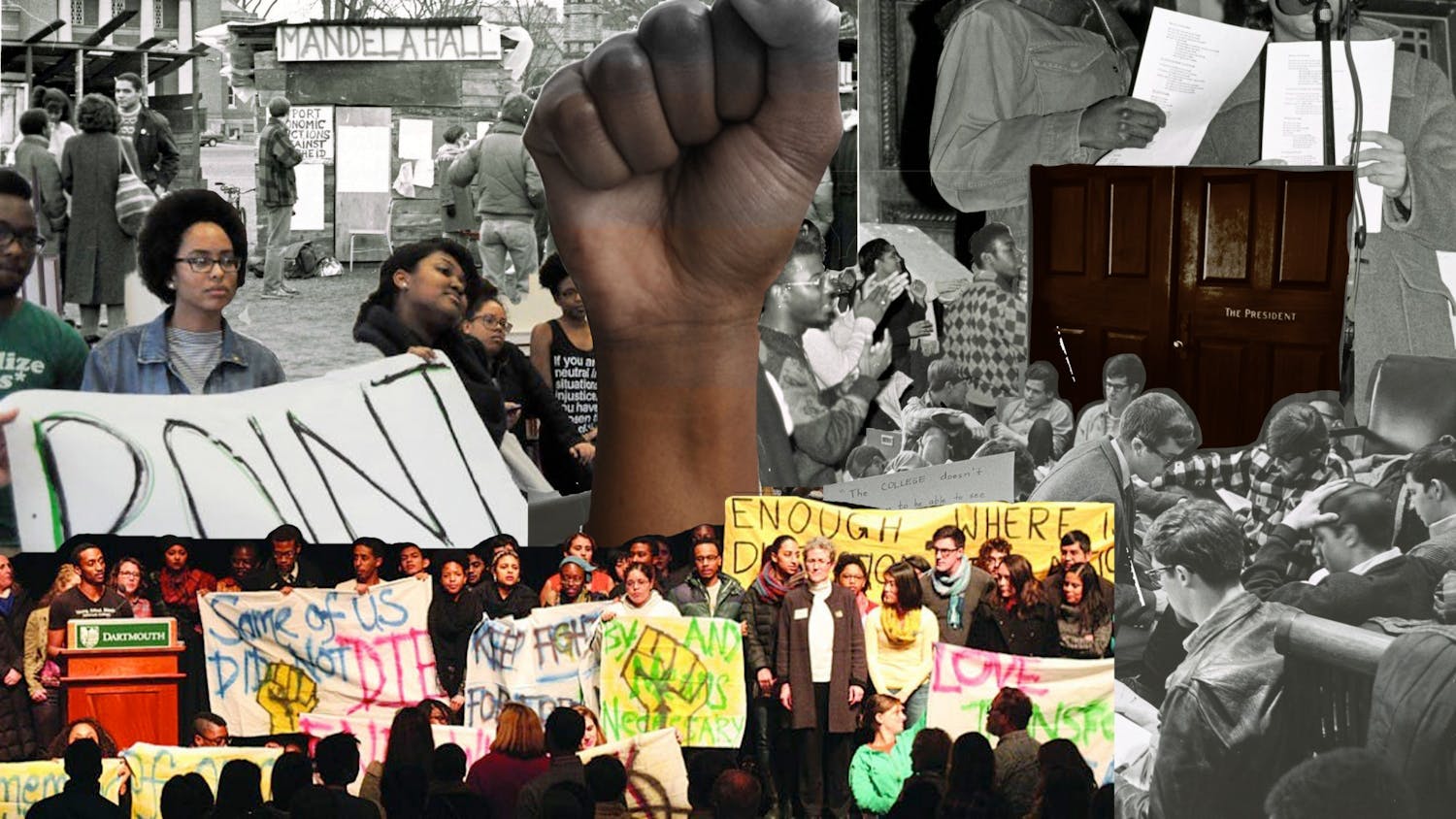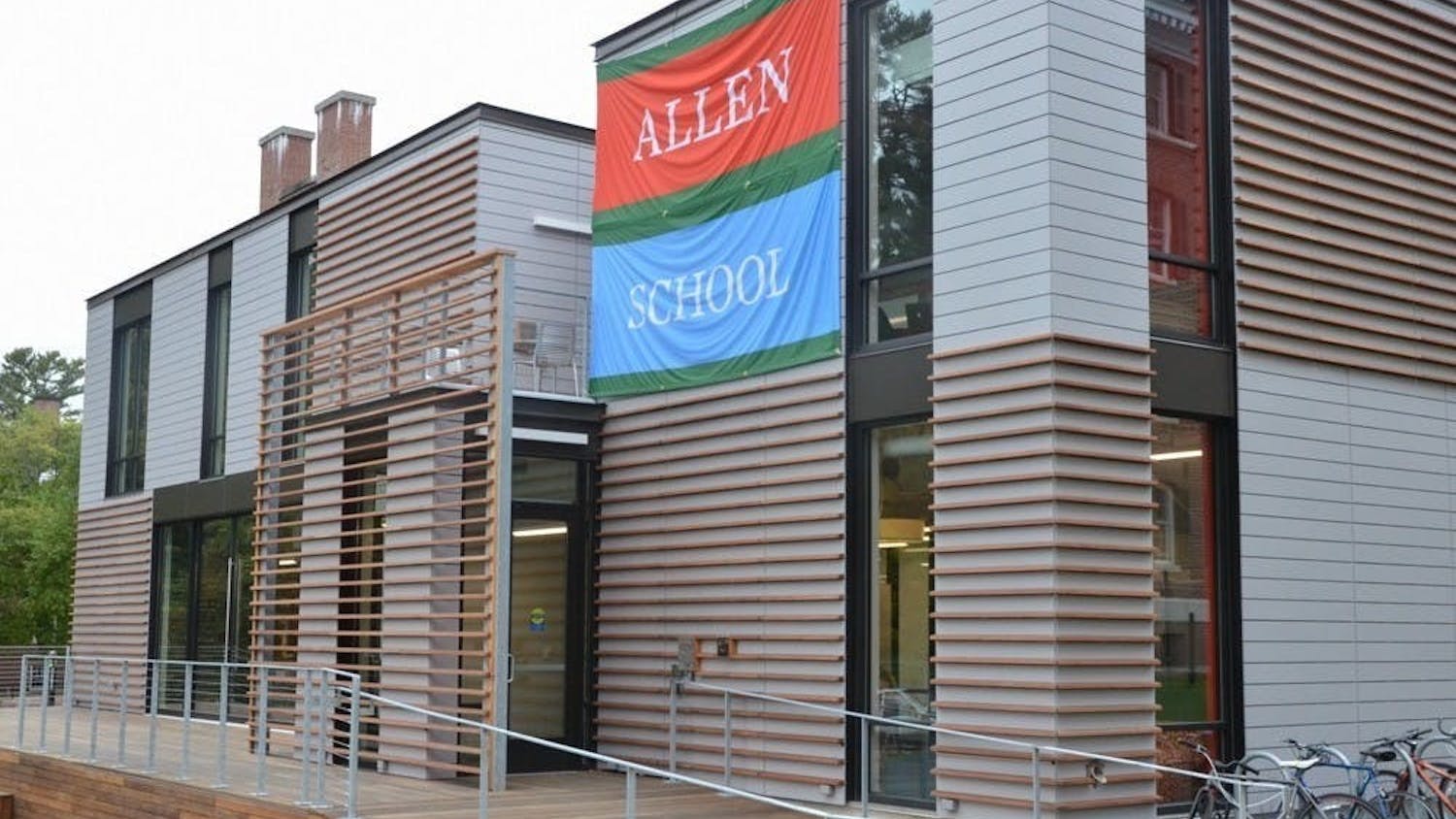Last summer, in the wake of George Floyd’s killing and the ensuing Black Lives Matter protests, College President Phil Hanlon sent a number of emails promising institutional reforms and shiny new initiatives toward racial equality.
One such promise was to “make implicit bias training mandatory for all students, faculty and staff.” This certainly sounds like a step in the right direction. But, time and again, implicit bias training has shown little evidence of actually changing behavior. The fact that so many institutions — Duke University, the New York City department of education and police force and the city of Los Angeles, to name a few — have implemented, or plan to implement, implicit bias training shows that they are more concerned with optics than with tangible change. Implementing implicit bias training allows institutions to pat themselves on the back without taking on the root causes of racial inequity in their organizations.
Implicit bias training is only one of many changes Dartmouth promised in the wake of Black Lives Matter protests, but few of the other proposed actions seem any more promising. One of Hanlon’s emails last summer provided a link to Dartmouth’s “Inclusive Excellence” website. The website lists six initiatives the College is undertaking to improve institutional diversity. Each initiative is broken down into a checklist of action items. Most of the items are already checked off — a quick perusal of the website leaves the impression that Dartmouth, by its own account, has already completed most of its goals to improve racial justice on campus.
One section of the website includes ways for Dartmouth to “build a more inclusive community.” Seven out of 10 goals have already been checked off. Completed actions include tasks like “incorporate diversity and inclusion discussions in house communities,” “incorporate diversity and inclusion training into orientation for new students” and “sponsor annual debate on [a] topic of political and social import.” Never mind that none of these three items seems like the kind of ambitious goal befitting the heading “build a more inclusive community” — there’s no reason to believe that these actions will be effective at all.
I do not know anyone who attends discussions in house communities. The suggestion that the house system would be an appropriate venue for reforming the Dartmouth community is, at best, entirely out of touch. At worst, it’s an attempt to placate students’ desire for change without putting in any substantial effort. Implicit bias training, as discussed earlier, has not shown itself to be effective. Sponsoring an annual debate could be interesting (albeit unambitious), but it’s hard to imagine that doing so would actually help us “build a more inclusive community.” Given the sheer volume of events Dartmouth hosts already, just adding another seems unlikely to facilitate substantive change. And given that even intentionally designed trainings don’t mitigate the effects of bias in practice, it seems almost impossible that attending an event would fundamentally change one’s worldview or combat institutional racism.
It is easy to point to what doesn’t work, and Dartmouth can’t be blamed for missing the mark from time to time. But Dartmouth can be blamed for consistently ignoring bigger problems, even if they have less obvious solutions.
For example, Dartmouth’s preferential admissions status for legacy students creates an exclusive culture in which predominantly white, wealthy students arrive on campus feeling comfortable and self-assured, while others struggle to find their way through confusing traditions and administrative acronyms. Not to mention that legacy preference makes demographic change more difficult by definition. An honest attempt to make Dartmouth more racially and socio-economically inclusive would include rethinking legacy preference in admissions.
There are smaller actions, too, that Dartmouth can take. The College could make transportation from urban centers free, so that our remote location does not make us even more exclusive than we already are.
Superficial actions like implementing a mandatory implicit bias training are worse than ineffective. They allow Dartmouth to evade big, controversial issues. Policies like legacy preference in admissions are entrenched parts of Dartmouth culture, and changing them risks angering wealthy donors. Instead of pursuing change, Dartmouth has chosen the easy — and ineffective — way out.



